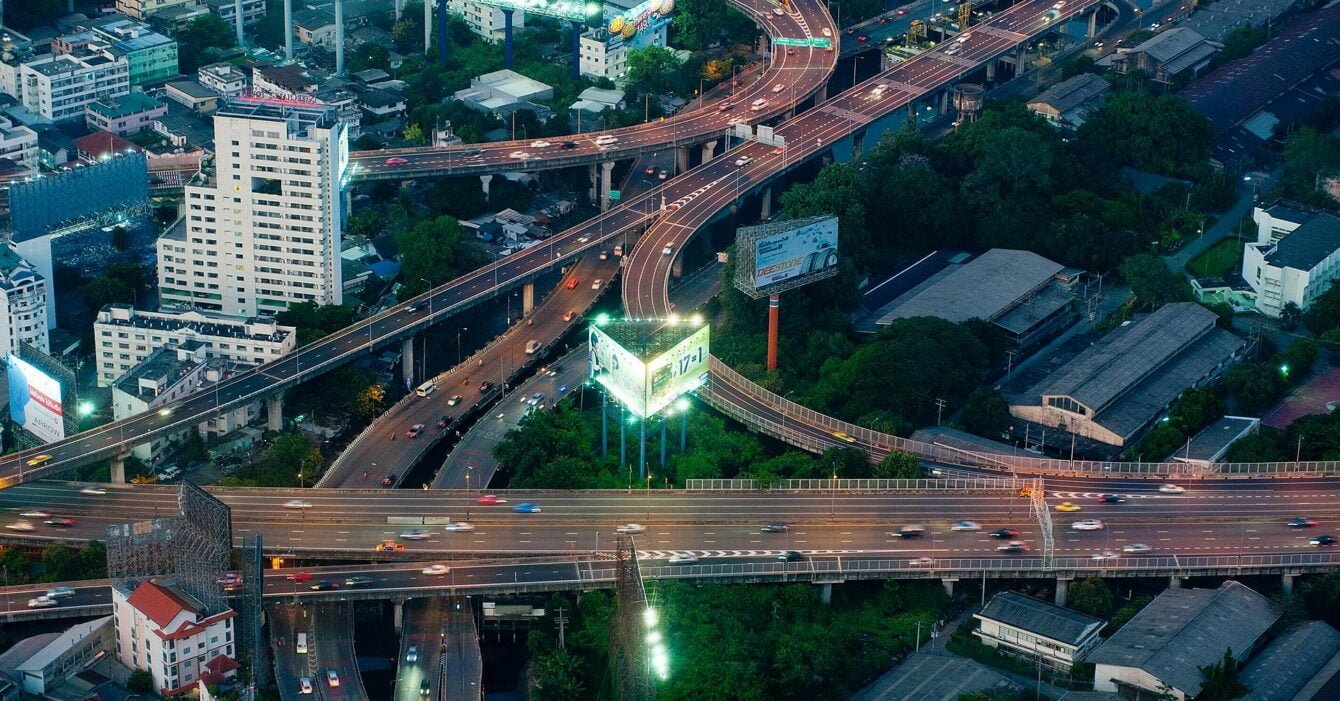Thailand stands as a burgeoning hub in Southeast Asia’s economic arena, with its construction sector demonstrating significant vitality. Valued at approximately USD 25.3 billion in 2023, this market invites a diverse spectrum of stakeholders, from investors and developers to government bodies, to draw on the deep insights provided by expert Thailand construction consulting services, crucial for strategic planning and informed decision-making.
Overview of Thailand’s Construction Market

In 2023, Thailand’s construction market was robust, and projections point to a continued growth, with an average annual growth rate (AAGR) of over 4% anticipated from 2025 to 2028. This growth is largely fueled by the government’s strategic initiatives focused on enhancing tourism infrastructure, advancing energy projects, and expanding housing developments. Our Thailand construction consulting team is deeply engaged in analyzing a wide range of construction activities across the nation, from the initial stages of mega-projects to their completion. We provide detailed insights into the development phases, key participants, and major upcoming projects, equipping stakeholders with the necessary information to navigate and thrive in this dynamic market.
Sector-Wise Market Dynamics in Thailand’s Construction
Thailand’s construction market is segmented into several key sectors, each contributing uniquely to the overall landscape:
- Residential Construction: Dominating the market share in 2023, this sector includes both single-family and multi-family housing projects. With increasing housing demand and a rise in residential development licenses, the sector is poised for further expansion.
- Commercial Construction: Encompassing leisure and hospitality buildings, office spaces, retail outlets, and other commercial facilities, this sector is set to grow, spurred by a rebound in tourism and investments in commercial properties.
- Industrial Construction: This sector includes facilities like chemical and pharmaceutical plants, manufacturing plants, and waste processing plants. Anticipated recovery in manufacturing and initiatives to produce electric vehicles locally by 2030 are expected to stimulate growth in this area.
- Infrastructure Construction: Investments in road, rail, and airport infrastructure are crucial to this sector. The government’s commitment to improving national infrastructure supports the sector’s output significantly.
- Energy and Utilities Construction: Projects within this sector range from electricity and power to oil, gas, and water infrastructure. Government investments in renewable energy and traditional energy projects are essential growth drivers.
- Institutional Construction: Comprising educational, healthcare, and research facilities, growth in this sector is fueled by increased investment in these vital areas, enhancing the country’s institutional capacities.
Thailand Construction Market Leading Players and Competitive Landscape
In 2023, Italian-Thai Development PCL stood out as the leading contractor in Thailand’s construction market. Other significant contributors include Unique Engineering and Construction Public Co Ltd, Sino-Thai Engineering & Construction Public Co Ltd, Nawarat Patanakarn Public Co Ltd, and Karnchang Pcl. The market is largely dominated by domestic contractors, who are pivotal in the ongoing development projects across the country.
Driving Forces Behind Thailand’s Construction Sector Growth
This analysis, backed by our expertise in Thailand construction consulting, highlights the dynamic potential and strategic importance of Thailand’s construction sector, which is integral to the nation’s economic landscape in the years ahead. With the market expected to grow at an annual rate of over 4% from 2025 to 2028, driven by government initiatives targeting tourism infrastructure, energy projects, and housing developments, the sector is set for substantial growth. These developments present various opportunities for stakeholders, promoting an environment ripe for investment and strategic advancements.

